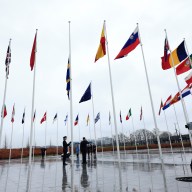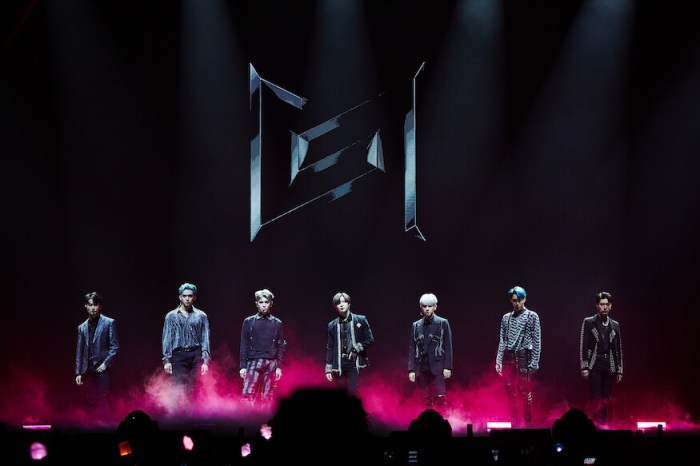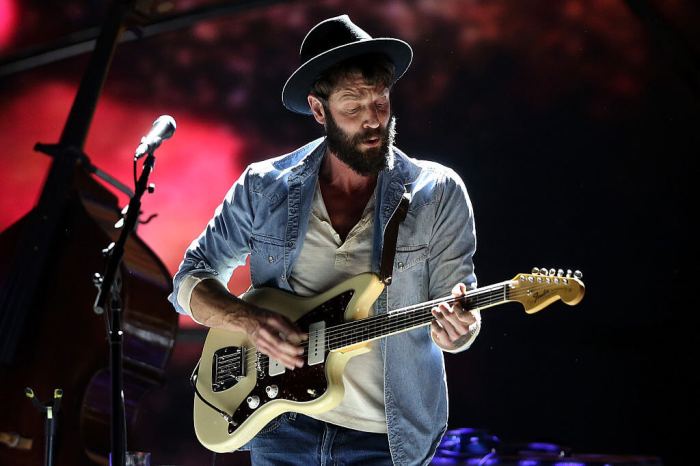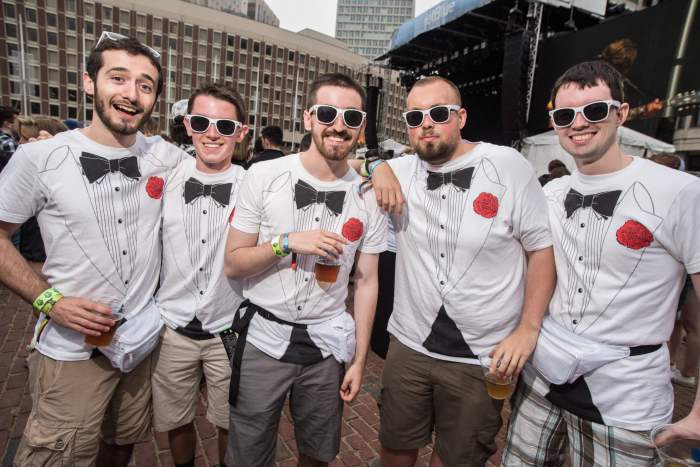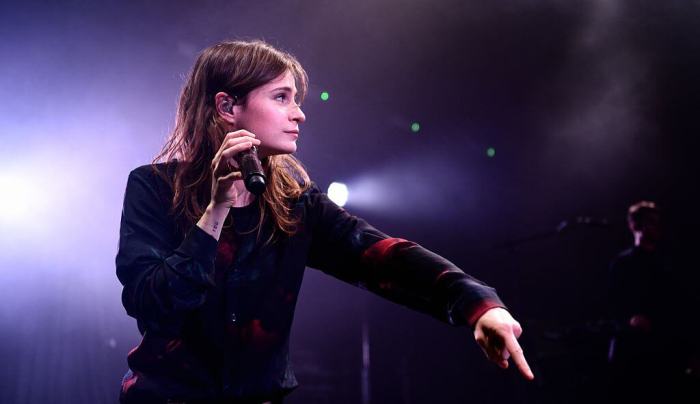Foals’ lead singer Yannis Philippakis already has his time off following the conclusion of their world tour planned out.
“I bought quite a lot of books I want to read,” he says from a stop in New Orleans. “And I want to write a children’s book, and another book as well. I’ve been making music with Tony Allen — this legendary Afro-beat drummer. And I want to do some gardening. And go to Greece. And work on my jump shot. And then, after all that, I’ll start thinking about writing for Foals.” The band’s break would come following years of constant touring and heavy promotion, as Foals’ released their third (“Holy Fire”) and fourth albums a mere two years apart. This time, it’s “What Went Down,” a more raw version of what we’ve heard from the alt-British rockers before — both emotionally inward and audibly primal recorded with producer James Ford. Philippakis chats with us about the album’s successful American run, why it’s so difficult for U.K. bands to break through and pushy male fans in moshpits. I read somewhere a while back where you said that “What Went Down” could be a chance to make some big waves with American fans. Now that you’ve been on the road in the states for a few weeks, do you feel like it’s done that for you? The shows are a lot bigger, but I don’t know if that has to do with building momentum over the last couple of albums. I do know that “Mountain at My Gates” was our first song that did well with radio play over here. When we first came to the States, we’d play for a few hundred people in New York, but then 12 in Detroit. We were doing these double-digit shows. So this tour feels really good. Looking at it, there are a lot of bands from the U.K. that have difficulty coming here. Why do you think that is? Is it just a matter of taste or is it logistical?
It’s a variety of things. Some of it is just how much work you have to put in to come out here [to the U.S.]. It’s demanding, and the price you pay is quite high. British bands are used to being able to [tour] the U.K. in a few weeks, and the same with the rest of Europe. Here, it’s just so big and you can be away for months at a time. There’s also a cultural difference. Here, it’s more showbiz-y as a band. You’re expected to be schmoozy in a way. There’s a healthy way to do that, but it can be interpreted as a bad attitude from some bands in the U.K. When you bring [us] to the U.S. people, I think it doesn’t always work. They think we’re rude. If you’re coming from the U.K. with a British or a snotty attitude, you’ve got radio jocks who won’t be into that. Now that you’ve been on the road with the new material for some time, do you think there’s been any live impact from working with producer James Ford on this album?
No, not really at all. I mean, the songs, he had an impact on them. But the live [songs] are a result of our live incarnation. It’s a two-headed beast. He’s a great producer and encouraged us to do things on the record maybe we wouldn’t have done otherwise, and those have taken the shows to a new level. They have a visceral intensity but I don’t think there’s any relation between the production and the live sound. A while back during your last tour, you told some fans to knock off their “shady macho behavior,” standing up for female fans who were roughed up in the pits. Did you find there was an improvement from your fans’ behavior? That was a reaction to something I had read in the U.K., where girls were complaining about the way male fans were treating them. I think there’s a line, because a lot of what makes a rock show is when it’s raucous and rowdy and there can be moshing. But then you felt like some people were crossing the line. [With the request] I felt like people are paying to see us, and I hope we have some leverage in our shows. It’s not something that’s come to my attention since, but [that time] I had just come across one particular show where someone was tweeting at us about it. I don’t know if it was an isolated incident, but from what I’ve read, it’s something that needs to be addressed. There are occasions where sisters don’t feel comfortable at shows when they see certain douchebags in the crowd, or the actual show gets too aggressive and crosses the line from positive to negative energy or even a predatory one. There should be something said about that. Following the tour, will you be jumping straight into working on the next album?
At this point we want a break. We’ve been on tour for what feels like four years, because the last two records were so quick. We’re not writing at the moment, but I think we’ve been on some crazy water slide the last couple of years, and we’re excited to get out of the tunnel and swim. Swim away from each other as quickly as possible. [Laughs] So we can come back and enjoy being in that environment again. We have to live some real life away from the band. I think that’ll be the springboard into being creative again.
Foals’ Yannis Philippakis explains why it’s so hard for Brit bands to make it big in the states
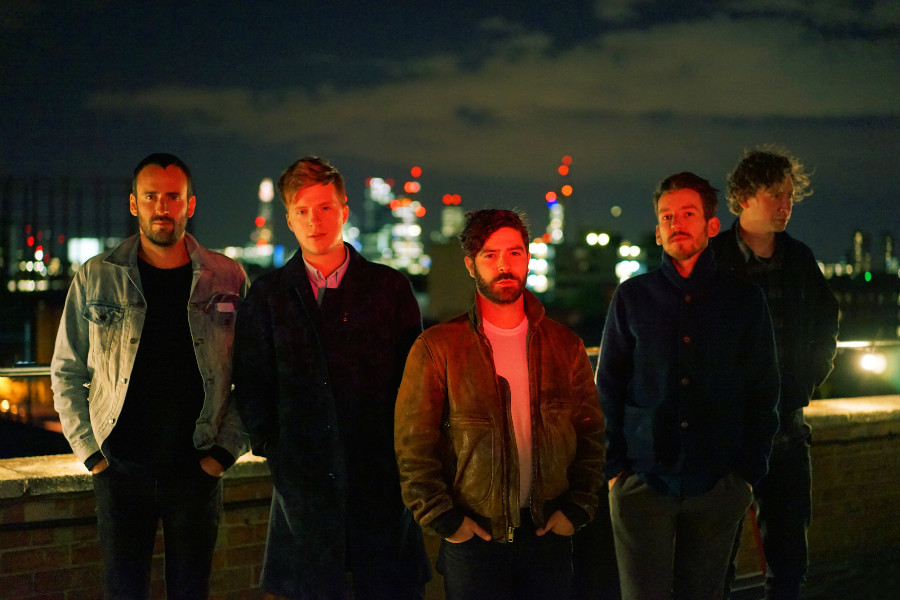
Neil Krug






